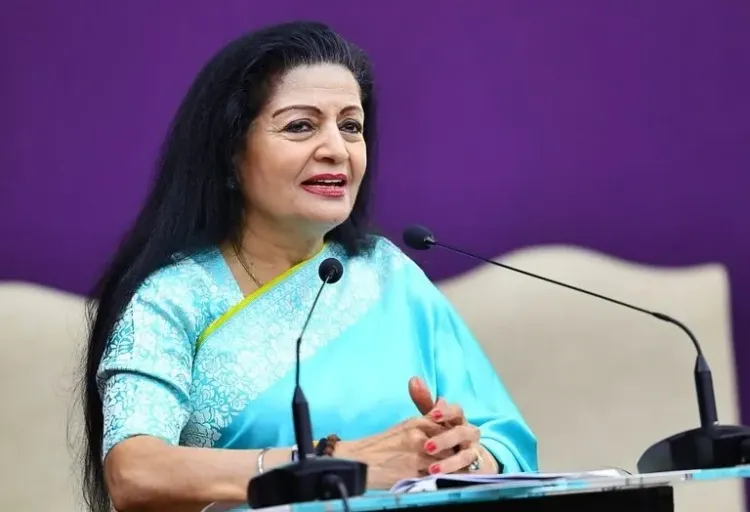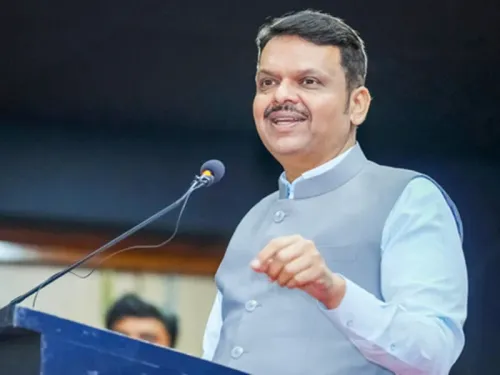Is Pakistan Using IMF Loans to Fund Terror Networks?

Synopsis
Key Takeaways
- IMF loans to Pakistan have been criticized for enabling terrorism.
- Pakistan has a long history of borrowing from the IMF.
- India opposes further financial assistance to Pakistan due to security concerns.
- The military’s role in Pakistan's economy raises alarms about governance.
- International aid must ensure it promotes stability and peace.
New Delhi, May 11 (NationPress) In a sharp critique of the IMF's financial assistance to Pakistan, Laxmi M. Puri, the former Assistant General Secretary of the United Nations, emphasized, “The world must realize that funding Pakistan does not promote peace; rather, it fuels terrorism.”
“Since 1958, Pakistan has transformed the IMF into a revolving credit source for chaos, not for reforms or development, but to finance terror networks, protect global fugitives, and sustain a military that thrives on instability,” lamented Puri in a statement on X.
“Pakistan has abandoned democracy, breached every IMF program condition, and utilized bailouts to facilitate bloodshed. Yet, the global community continues to issue checks. Is it out of fear, fragility, or a simple failure to learn?” she questioned.
Puri noted that Pakistan has utilized IMF loans 28 times since it became a member in 1950, stating, “This is not financial aid; it’s geopolitical charity. This isn’t about economic distress; it’s a strategic misuse of international goodwill.”
On Friday, India chose to abstain from voting on a new $1.3 billion IMF loan to Pakistan via the Resilience and Sustainability Facility (RSF) lending program during the meeting that approved the loan.
India’s representative on the IMF executive board firmly opposed additional financial support for Pakistan, raising serious concerns regarding Islamabad’s past actions and the fact that these bailouts enable the country to sponsor cross-border terrorism.
“Many member countries echoed concerns that fungible inflows from international financial institutions like the IMF could be misappropriated for military and state-sponsored cross-border terrorism. However, the IMF’s response is limited by procedural and technical criteria, creating a significant gap that underscores the urgent need for moral values to be factored into the operations of global financial institutions,” highlighted India’s representative Parameswaran Iyer at the meeting.
He pointed out that Pakistan has been a long-term borrower from the IMF, exhibiting a dismal record of adhering to the IMF’s program conditions.
Last September, the IMF’s Executive Board sanctioned a 37-month Extended Arrangement under the EFF for Pakistan amounting to SDR 5,320 million (approximately $7 billion). While $1 billion was disbursed immediately, the recent meeting focused on reviewing Pakistan’s funding program.
“The military’s entrenched involvement in economic matters poses significant risks of policy slippages and reversal of reforms. Even when a civilian government is in power, the army continues to exert considerable influence over domestic politics and extends its grip deep into the economy. A 2021 UN report described military-linked enterprises as the “largest conglomerate in Pakistan.” This situation has not improved; rather, the Pakistan Army now plays a pivotal role in the Special Investment Facilitation Council of Pakistan,” pointed out India’s representative.









